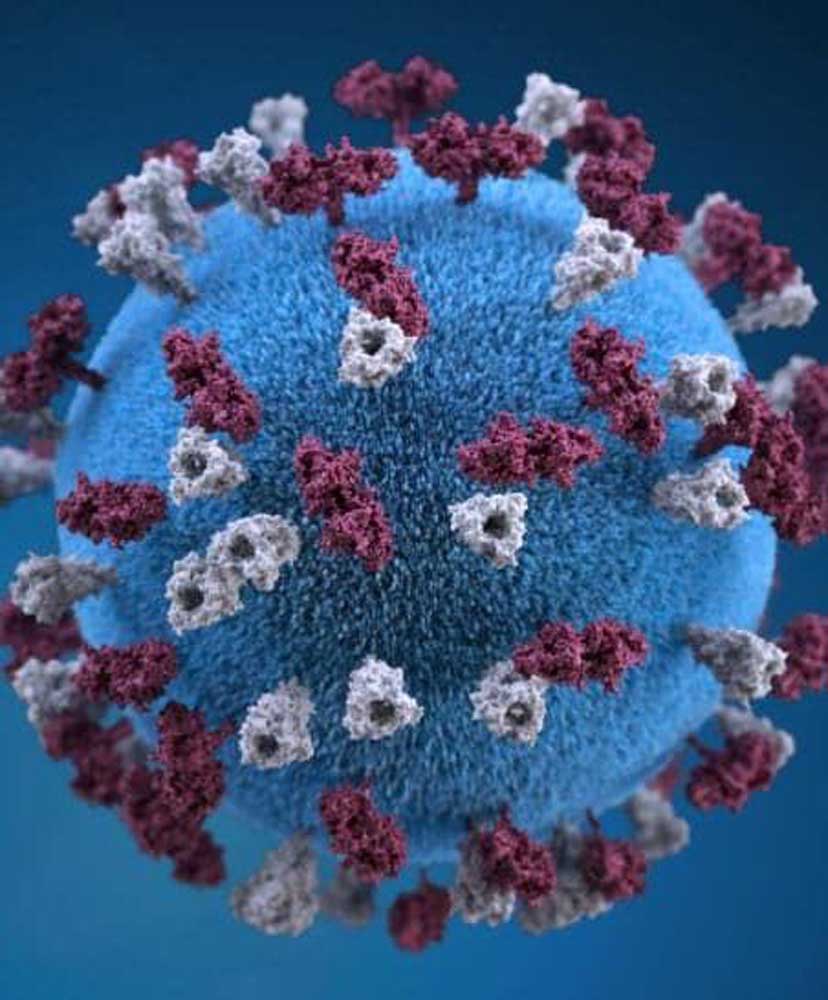Buss, longtime Lakers owner, dies at age 80
Published 4:00 am Tuesday, February 19, 2013
Jerry Buss, who bought the Los Angeles Lakers in 1979 and turned them into the NBA’s glamour team, winners of 10 league championships and the cornerstone of his Southern California sports empire, died Monday in Los Angeles. He was 80.
His death was announced by the Lakers. He had been hospitalized with cancer for much of the past 18 months.
A child of the Depression, Buss obtained a doctorate in physical chemistry and later prospered in real estate ventures, enabling him to pursue his love of sports.
He paid $67.5 million to buy the Lakers from Jack Kent Cooke in a deal that included the Los Angeles Kings of the National Hockey League, the Forum sports arena in Los Angeles and Cooke’s California ranch.
In January, his Lakers were valued at $1 billion by Forbes magazine, second in the NBA to the New York Knicks’ $1.1 billion valuation.
Buss spent heavily for marquee lineups headed by basketball superstars Magic Johnson, Kareem Abdul-Jabbar, Kobe Bryant and Shaquille O’Neal. Jerry West, the Lakers’ former star guard, orchestrated their success as general manager together with two of professional basketball’s most renowned coaches, first Pat Riley and then Phil Jackson.
Buss made it clear he was a big spender when he gave the charismatic Johnson a 25-year, $25 million contract after his second season.
“Anybody who makes an outlandish salary obviously attracts attention,” Buss told The Los Angeles Times Magazine in 2009. “That was what was behind my contract with Magic. I think it created a lot of attention for the Lakers.”
As Johnson told the magazine: “He has put the Lakers right up there with the New York Yankees as the top brands in sports.”
Buss was an innovator in melding basketball brilliance with show-business dazzle. His 1980s teams, known as the Showtime Lakers, thrilled the crowds with their fast-paced style. His Laker Girls provided high-octane dancing. Hollywood stars, most notably Jack Nicholson, held courtside seats that went for thousands of dollars a game.
Buss was elected to the Basketball Hall of Fame in 2010.
Affecting a Western style with his customary jeans and an open-neck shirt, dancing at discos, and known for his eye for beautiful women, Buss was a celebrity in his own right. He once owned Pickfair, the Mary Pickford-Douglas Fairbanks mansion in Beverly Hills, and he loved to hold parties for the Hollywood crowd.
Buss did not attend any Lakers games this season, presumably because of his failing health, as the Lakers have struggled despite a lineup filled with star power.
But he had set in motion his family’s continued operation of the Lakers. His daughter, Jeanie, who became engaged to Jackson in December 2012, runs the business operations. His son Jim oversees basketball decisions together with general manager Mitch Kupchak.
Gerald Hatten Buss was born on Jan. 27, 1933, in Salt Lake City, but he grew up in Kemmerer, Wyo., raised by his mother, Jessie, who was divorced and worked as a waitress. At times, the boy waited for food on Depression bread lines.
“I can remember standing in a WPA (Works Progress Administration) line with a gunnysack and I remember having to buy chocolate milk instead of white because it was one cent cheaper,” Buss told The Boston Globe in 1987.
He was a good student and obtained a scholarship to the University of Wyoming, then earned a chemistry doctorate from the University of Southern California. Through his years in the sports world, he liked to be called Dr. Buss.
He worked in aerospace technology for Douglas Aircraft in California as a young man. But his life changed in the wake of a small investment he made in 1959 to buy a West Los Angeles apartment building together with a former college friend, Frank Mariani. Profiting from a Los Angeles real estate boom, their company eventually owned hotels, office buildings, apartments and one-family homes.
Buss was the founding owner of the Los Angeles Strings of World Team Tennis in 1974, then stepped up to the NBA and NHL when he bought Cooke’s sports holdings five years later. He had also owned the Los Angeles Sparks of the Women’s National Basketball Association and the Los Angeles Lazers of the Major Indoor Soccer League.
“In big-time sports the day of individual owners like Jerry is fading fast,” David Stern, the NBA commissioner, told Sports Illustrated in 1998 as the Lakers prepared to leave the Forum for Staples Center, which opened the next year.
“He’s sort of wealthy, but he’s not extraordinarily wealthy like some of our owners,” Stern said. “Given the size and risk of the asset, we are moving toward a combination of the Forbes 400 and the Fortune 500,” he said, envisioning the club ownership of the future.
On Monday, Stern called Buss a “visionary owner whose influence on our league is incalculable.”
Buss’ Lakers became the NBA’s most thrilling team when Johnson and Abdul-Jabbar starred for the Showtime clubs that won five championships in the 1980s, the first one under coach Paul Westhead and the others under Riley.
The Lakers went without a league championship in the 1990s, but another stretch of brilliance lay ahead.
The team captured three consecutive NBA titles from 2000 to 2002, led by Bryant and O’Neal in Jackson’s first coaching stint in Los Angeles. They captured their last two titles under Buss’ ownership in 2009 and 2010, during Jackson’s second stint, this time behind Bryant and Pau Gasol.
In addition to his daughter Jeanie and his son Jim, survivors include another son, Johnny, and another daughter, Janie Drexel, all from his marriage to the former JoAnn Mueller, which ended in divorce in 1972; his sons Joey and Jesse from a former girlfriend, Karen Demel; a half sister, Susan Hall; a half brother, Micky Brown; a stepbrother, Jim Brown; and eight grandchildren.
When Buss was a neophyte club owner, he saw himself as a fan — but only to a point. As for running hockey’s Kings, money-losers in sunny Southern California, he told People magazine in February 1980 that “I think you can buy one ballclub for fun.”
But he viewed his purchase of the Lakers and the Forum “as clearly a business deal.”
And, as he put it: “I don’t just want winners. I want champions.”








